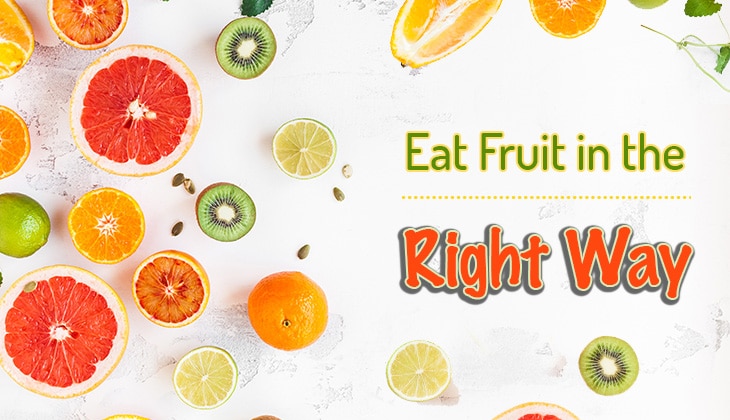
Fruit is an incredibly healthy food that’s packed with vitamins, nutrients, fibre, and water. By including fruit into your diet your digestive system will enjoy powerful benefits and improved digestion, but the bottom line is eating fruit in a proper way and at right time.
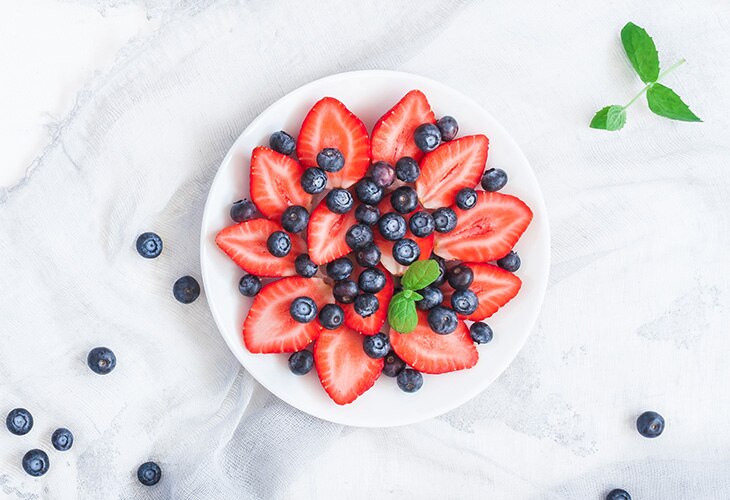
Eating fruit on an empty stomach allows your body process all the nutrient, fibre and simple sugar easier. So the best time to eat fruit is either first thing in the morning or in between breakfast and lunch. It’s a good idea to have more variety of fruits at one time, whether it’s fruit salad or a fruit smoothie. Avoid eating fruit close to bedtime as the sugar in fruit will spike up your energy and keep you up when you need your sleep.
With the eating fruit on an empty stomach rule in mind, generally, it’s not a good idea to eat too much fruit after a heavy meal as it can interfere with digestion, however, there are some exceptions. For example, pineapple contain a unique protein-digesting enzyme called bromelain that helps digestion. Bromelain cleaves the protein bonds of meat and other concentrated protein foods, that’s why some chef use pineapple as a meat tenderizer. Besides pineapple, fruits like papaya and kiwi are also rich in digestive enzymes, so it can be good to have these fruit after meals.
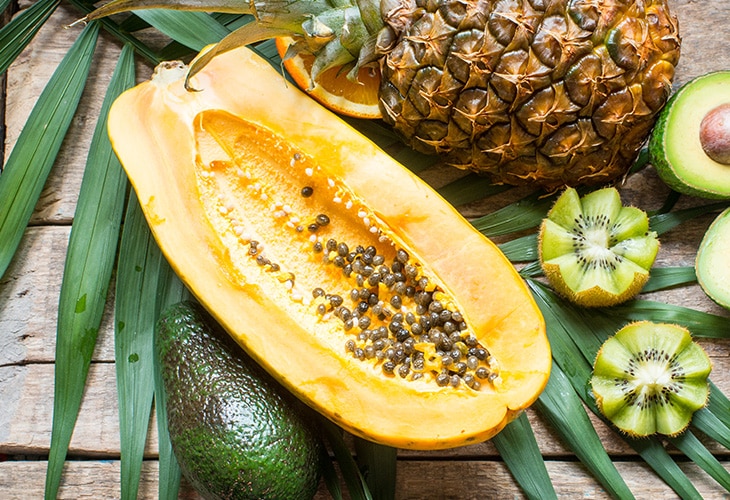
On the other hand, there are certain fruit that you should avoid eating on empty stomach, and one of them is banana. Though banana is one of the best known diet foods. it contain high amounts of magnesium and potassium, if you eat banana when you stomach is empty, this will lead to a sharp increase in the amount of magnesium and potassium in blood, which may harm your heart.
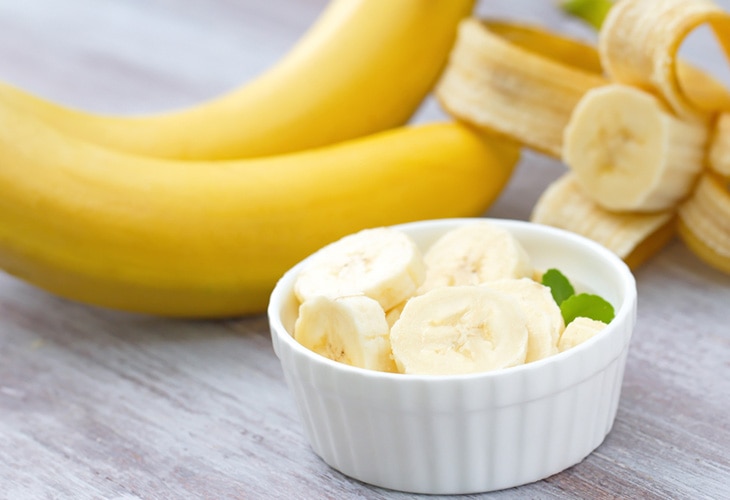
For those who love smoothie, acidic fruits or juices may actually curdle milk and turn it into a heavy mucus-forming substance that is difficult to digest, so it’s better to make smoothie with nut milk or coconut milk or non-dairy yoghurt.
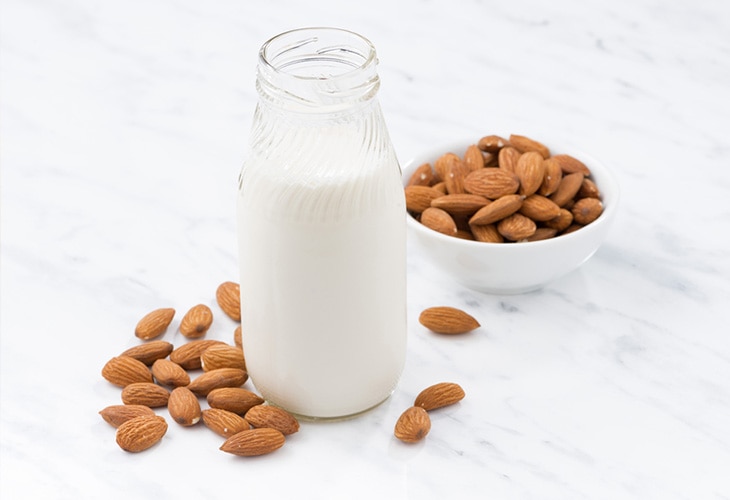
Get your favorite health, beauty and wellness products at Watsons. Shop online here!









